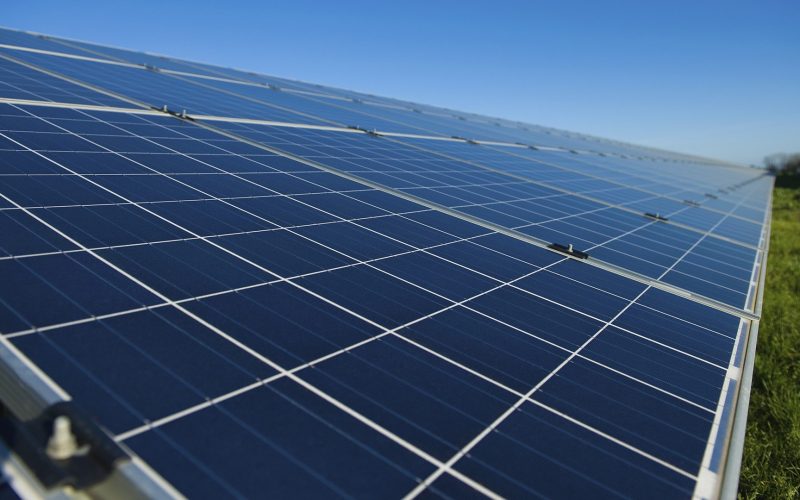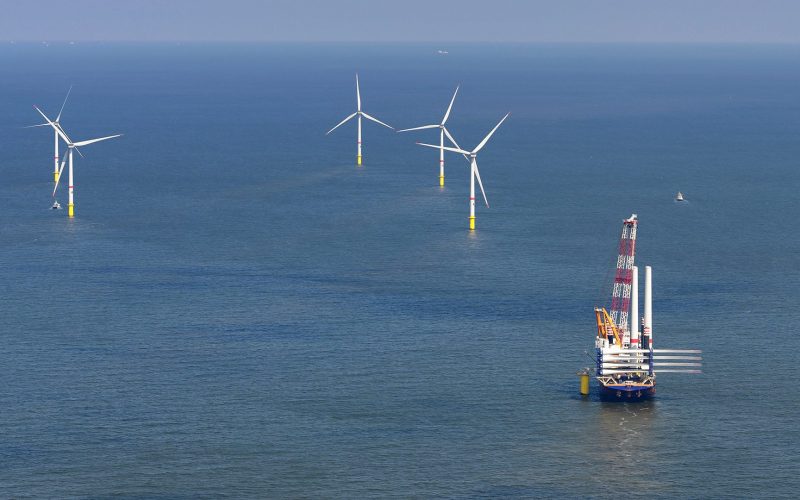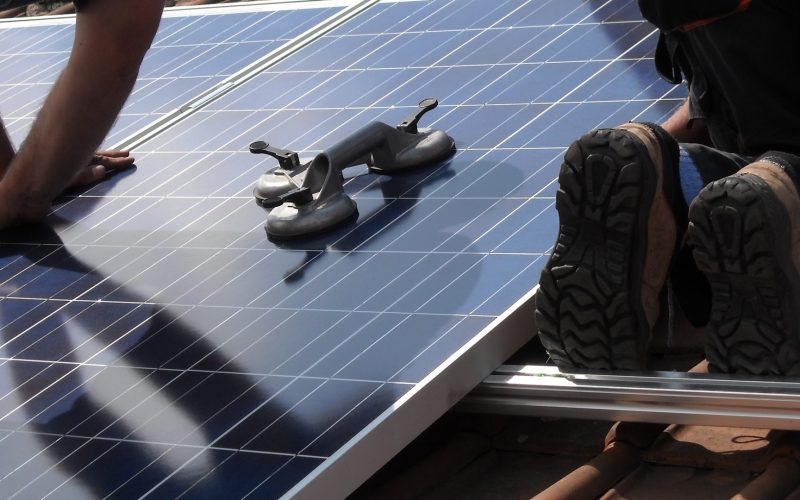THE VOICE FOR THE ENERGY CONSUMER

CEA’s VP for State Affairs, Brydon Ross, discuses how we can best make solar more affordable, and as important, more accessible to individuals in Kentucky. “We support solar. Don’t misconstrue.

David Holt, Consumer Energy Alliance President, talked about the unnecessary politicization of energy policy which has stalled development of projects like Cape Wind, an offshore wind farm that would have.

New pipelines in West Virginia are set to employ thousands of construction workers to move the cast amounts of natural gas being produced to power plants and manufacturers. Two natural.

BOSTON, MA – Today Consumer Energy Alliance (CEA) called on New England policymakers opposed to new energy infrastructure projects to reject future Russian LNG shipments and instead move forward with.

With a new state budget proposal in Pennsylvania, CEA’s Mike Butler was asked about the effect a new tax proposal would have on energy production in the state. “The tax.

Chris Ventura had the opportunity to sit down with The Business Journal to discuss the growing opportunities across Ohio for manufacturers to expand and relocate to take advantage of abundant.
With the Kentucky legislature considering updates to decades-old energy policy, CEA’s Brydon Ross discussed the importance of competitive, fair rates to encourage solar energy production. …over subsidization gets passed on.

CEA Midwest Executive Director, discusses the unique impact high energy prices have on individuals and families living below the poverty line. Unlike other necessities — like housing, food and health.

With Ohio producing record amounts of natural gas every month, CEA Midwest’s Chris Ventura discusses what this production means for the state’s economy. The availability of low-cost energy and modernized.

It has been 14 years since Kentucky’s legislature has reviewed and updated solar energy policies. CEA’s Brydon Ross looks at how revising these policies will allow more Kentuckians to take.